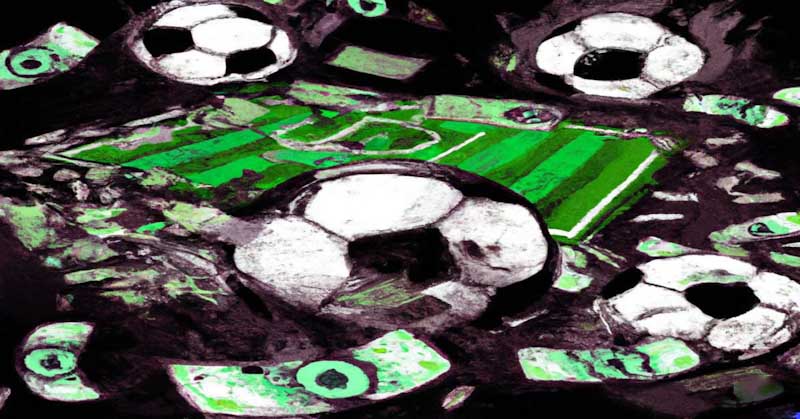
Football, the beautiful game, has always been more than just a sport. It’s a culture, a lifestyle, a passion that unites millions across the globe.
But as the winds of change blow across the European football landscape, many fans, especially those die-hard fans, find themselves at a crossroads.
The introduction of the New Champions League Swiss model format from the 24/25 football season, and the previous controversial European Super League (ESL) proposal have stirred debates, emotions, and a lot of questions.
Swiss Model: Uefa Champions League New Format – Quick Dive
The UEFA Champions League, the pinnacle of European club football, is undergoing a transformation. From the 2024/25 season, the group stage will feature a new format, often referred to as the “Swiss Model.”
This format will see 36 teams placed in one giant league table, with each team playing eight matches against different opponents.
The top eight will proceed directly to the knockout stages, while teams ranked 9th to 24th will enter a playoff round. The last 12 teams relegating.
Sounds innovative? Maybe. But for many fans, especially those who resonate with the “against modern football” philosophy, this change is seen as a move away from the game’s romantic essence.
It’s viewed as a ploy to cater to the elite, the richest clubs, further deepening the chasm between the football giants and the minnows.
European Super League (ESL): The Elephant in the Room
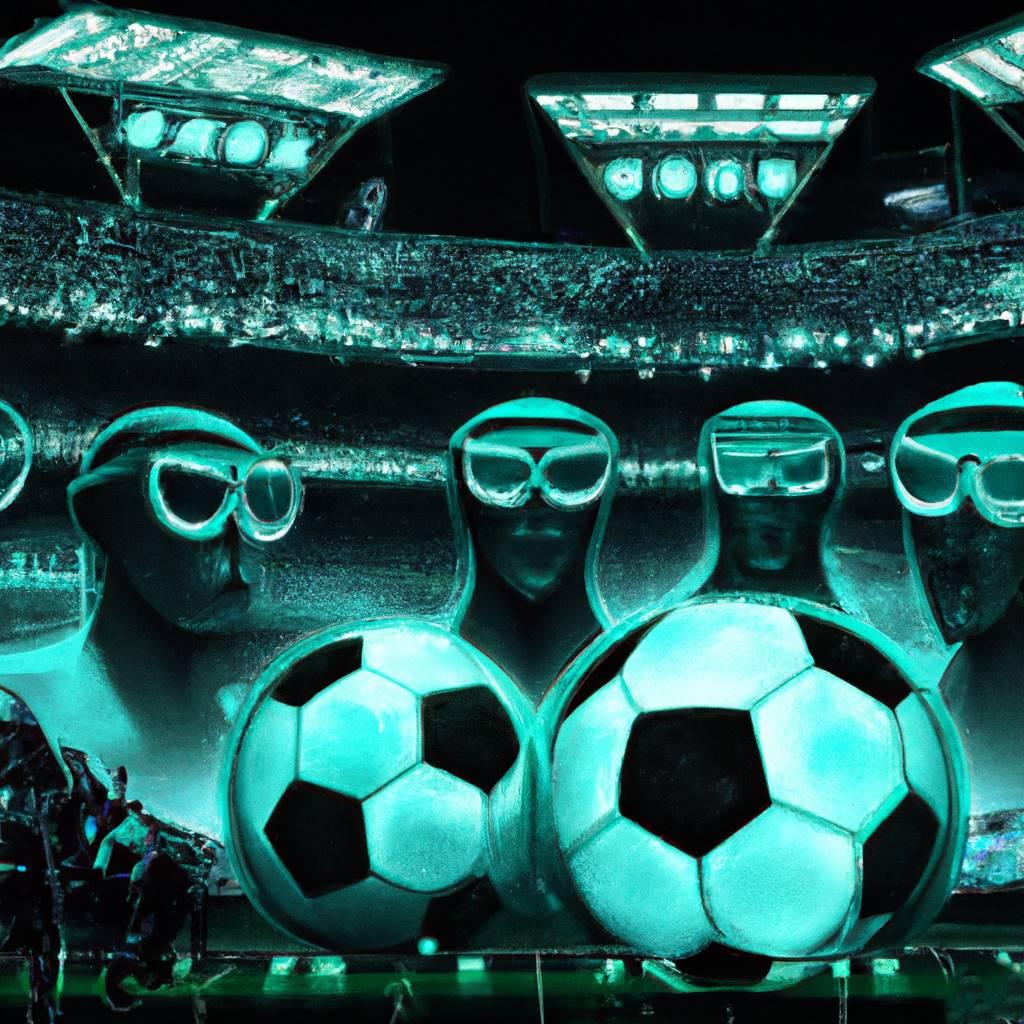
The ESL, a proposed breakaway league featuring Europe’s top clubs, has been a topic of heated debate. Its format, eerily similar to the new Champions League model, already has raised concerns.
With 20 top clubs, including 15 permanent members and 5 qualifiers, the ESL promises high-octane football action.
But at what cost?
The essence of competition, the unpredictability, the David vs. Goliath matchups – will they all be lost in this new world order?
Football casuals, a significant segment of the football world have been vocal about their disdain for such elitist moves. For them, football is not just about the glitz and glamour but about raw passion, loyalty, and the sheer unpredictability of the game.
The Ripple Effect on Domestic Leagues, Europa League, Conference League
One of the significant concerns arising from these new formats is their impact on domestic leagues and other European competitions. With mid-week fixtures for the Champions League, like potentially with the ESL, where does that leave competitions like the UEFA Europa League and the Europa Conference League?
And more importantly, how will domestic leagues, the bread and butter of football for many fans, be affected?
The football life of players is also a concern. With added fixtures and more high-stakes games, player welfare could be compromised.
The romance of watching a local lad rise through the ranks of a club’s academy and shine on the big stage might become rarer.
Against Modern Football: A Clarion Call
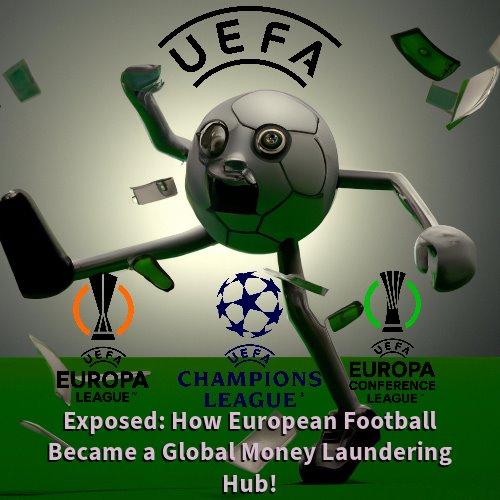
The modern football era, with its commercialization and corporatization, has undoubtedly brought many positives. Improved infrastructure, global fan engagement, and some would argue, a higher quality of football. But for the purists, those who see football as more than just a 90-minute game, these changes are a departure from the sport’s soul.
The “against modern football” movement is not just a slogan; it’s a sentiment. It’s a call for preserving the game’s integrity, its unpredictability, and its poetic justice on the pitch. It’s a voice against the tyranny of the richest clubs and their quest for more power and money.
In the words of a football manager, “Football should be for the fans, by the fans, and of the fans.” As the game stands at this crucial juncture, it’s essential to listen to these voices, the heartbeat of football. After all, without its fans, without its culture, football is just another game.
In the end, maybe this is exactly the idea of Alexander Ceferin.
Let’s not be cynical. Instead, let’s address the subject and present the indisputable facts…
What Does the UEFA Champions League New Format Actually Offer?
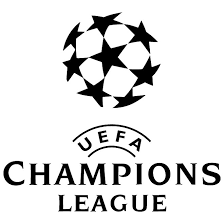
The UEFA Champions League, the crown jewel of European club football, is undergoing a significant transformation. All right, so what?
With the introduction of the “Swiss Model” format, fans and pundits alike have numerous questions. Let’s delve deep into understanding this new format.
The Rationale Behind UEFA Champions League New Format Change
The Need for Innovation
Every sport, to remain relevant and engaging, requires periodic updates. UEFA believes that the “Swiss Model” will bring a fresh perspective to the Champions League, making it more unpredictable and exciting.
Financial Motivations
Let’s not kid ourselves; money talks. The new format promises more matches, which translates to increased broadcasting rights, ticket sales, and potential sponsorships. In an era where football’s commercial aspect is paramount, this change could significantly boost revenues.
Competing with the ESL
The shadow of the European Super League (ESL) looms large. With top clubs proposing a breakaway league, UEFA’s new format can be seen as a countermeasure, ensuring the Champions League remains the pinnacle of European club football.
Diverse Matchups
One of the criticisms of the previous format was its repetitiveness. Big clubs often breezed through the group stages. The new format ensures diverse matchups, increasing the chances of “giant killings.”
Tactical Implications
Managers will need to rethink their strategies. Squad rotation, player management, and tactics for back-to-back crucial fixtures will be pivotal.
Fan Engagement
Modern fans consume football differently. With a plethora of entertainment options available, UEFA aims to make the Champions League more engaging, ensuring fans remain glued to their screens.
The Elite’s Stance: Are Top European Clubs in Favor of the UEFA Champions League New Format?
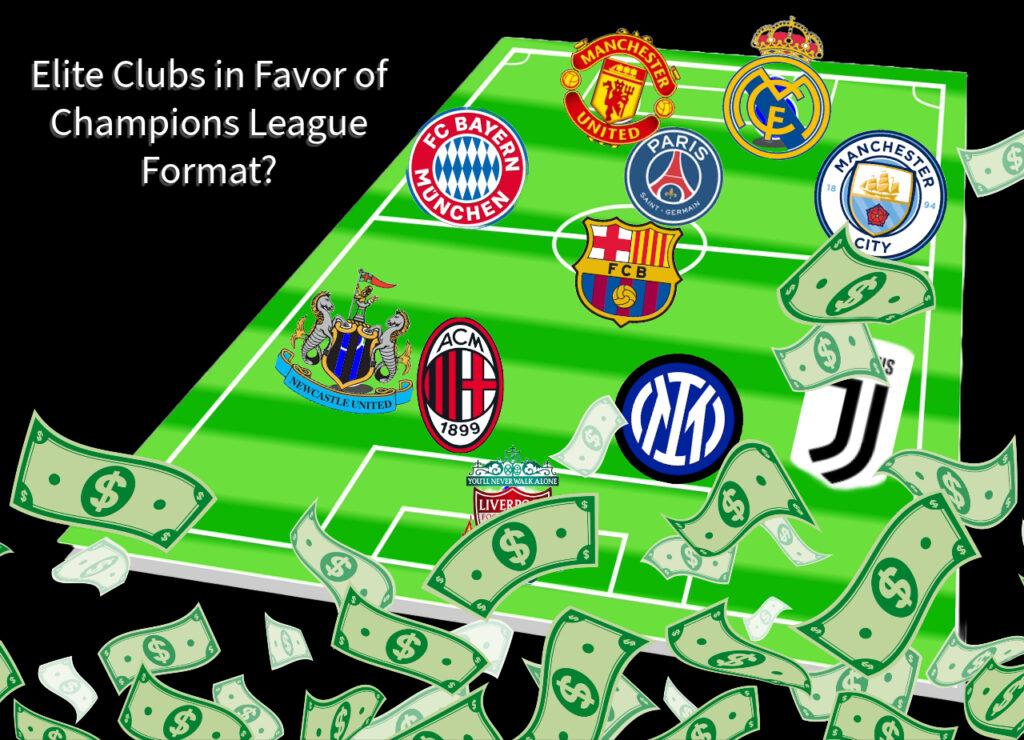
The Champions League, being the zenith of European club football, holds significant sway over top clubs. But how have these elites reacted to the new format?
Financial Boost
More matches translate to increased revenue opportunities. Be it through ticket sales, broadcasting rights, or sponsorships, clubs stand to gain financially.
This is the compromise that the largest clubs reached with UEFA under Ceferin.
The ESL Factor
The European Super League (ESL) proposal, backed by several elite clubs, was a clear indication of their desire for change. In this context, the new Champions League format can be seen as a compromise, a middle ground between the Uefa’s traditional format and the ESL’s vision.
Also, compromise with Mr. Cefering and his Balkan friends.
Financial Implications
Top clubs, with their vast fan bases and commercial interests, stand to gain the most from the increased number of matches. The promise of higher revenues is undoubtedly an enticing factor. Of course.
Competitive Balance
Some elites have expressed concerns about the new format diluting the competition’s quality. Facing a broader range of opponents might not be as appealing as the high-voltage clashes they’re accustomed to.
The Calendar Conundrum
Fixture congestion is a genuine concern. Top clubs, often competing on multiple fronts, are wary of the strain an increased number of Champions League matches could put on their squads.
Our Biggest Concerns of These Giant Changes
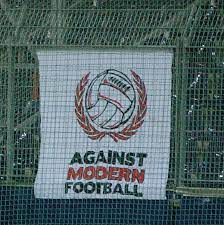
Previously, the group stage saw each team play six matches. With the introduction of the “Swiss Model,” this number has jumped to eight. A seemingly small increment, but with vast implications…
Player Welfare
More matches mean more strain on players. In an already-packed football calendar, concerns about player fatigue, injuries, and overall welfare are genuine.
FM Wonderkid stands with Toni Kross’s thoughts: ” THESE COMPETITIONS ARE CREATED TO SUCK EVERYTHING OUT OF EVERY SINGLE PLAYER PHYSICALLY AND TO SUCK OUT AS MUCH MONEY AS POSSIBLE”

Club Concerns
Several top clubs have expressed concerns about the crowded football calendar. The new format, while increasing Champions League matches, promises to integrate seamlessly with domestic competitions.
Impact on Domestic Leagues
With increased Champions League commitments, clubs might prioritize European matches over domestic fixtures, affecting the competitiveness of national leagues.
Coefficients for national championships will be collected only from the previous Champions League season. The same applies to UEFA’s cinderellas – Europa League and Conference League.
Conclusion – wealthy teams from Central and Western Europe will compete in the finals.
Why are you so confident, FM Wonderkid? Because the wealthiest clubs, based on their top placements, will secure an additional spot for a team from their national league. According to most projections, it’s highly likely that England will gain a fifth participant, while France aims to secure an additional spot by 2025.
Tactical Implications
“Managers will need to rethink their strategies. Squad rotation, player management, and tactics for back-to-back crucial fixtures will be pivotal”. This is precisely where the football game loses its quality. And they didn’t think about that.
Fan Engagement
For fans, more matches mean more opportunities to watch their favorite teams in action. However, it also raises concerns about fixture fatigue, especially if matches become predictable.
The traditional group stage had its critics and supporters. Actually, the new format has received mixed reactions from fans worldwide.
Uefa Champions League New Format Summary:
| Topic | Key Points |
|---|---|
| Swiss Model Introduction | – Single league table format – 36 teams, 8 matches each – Top 8 proceed directly to knockouts |
| ESL Comparison | – Proposed breakaway league – Similar format to Swiss Model – Controversial among fans |
| Impact on Domestic Leagues | – More mid-week fixtures – Potential prioritization of European matches |
| Rationale for Change | – Need for innovation – Financial motivations – Countermeasure to ESL |
| Match Count Variation | – Increase from 6 to 8 matches – Concerns about player welfare |
| Top Clubs’ Stance | – Mixed reactions to new format – Financial incentives vs. fixture congestion |
| Real Fans Concerns | – Player Welfare – Tactical Implications – Fan Engagement |
FAQ
Finally, FM Wonderkid will only leave the Google FAQ for the query: ‘UEFA Champions League new format. Just to see media manipulation and non-objective informing the public about structural changes in football.
1. What is the Champions League’s new “Swiss Model” format?
The “Swiss Model” is a system where teams don’t play in traditional groups. Instead, all participating teams are placed in a single league table. Each team plays a set number of matches, but not against every other team.
2. How does the new format differ from the previous group stage system?
The new format sees 36 teams placed in a single league table, playing eight matches against varied opponents, compared to the traditional group stage where each team played six matches.
3. Why did UEFA decide to change the Champions League format?
UEFA aims to bring a fresh perspective to the Champions League, making it more unpredictable and exciting. Financial motivations and the shadow of the European Super League also influenced the decision.
4. How will the new format impact the number of matches played in a season?
Teams will now play eight matches in the group stage, up from the previous six matches.
5. Are all top European clubs in favor of this new format?
Reactions have been mixed. While some clubs welcome the change, others have expressed reservations, especially concerning fixture congestion.
6. How will the new format affect smaller clubs’ chances of progressing in the competition?
The new format ensures diverse matchups, increasing the chances of “giant killings” and potentially giving smaller clubs a better chance to progress.
7. What are the financial implications of the new format for participating clubs?
More matches translate to increased revenue opportunities through ticket sales, broadcasting rights, and sponsorships.
Note: The views expressed in this article are based on the collective sentiments of football fans and do not necessarily represent the stance of any organization or entity.

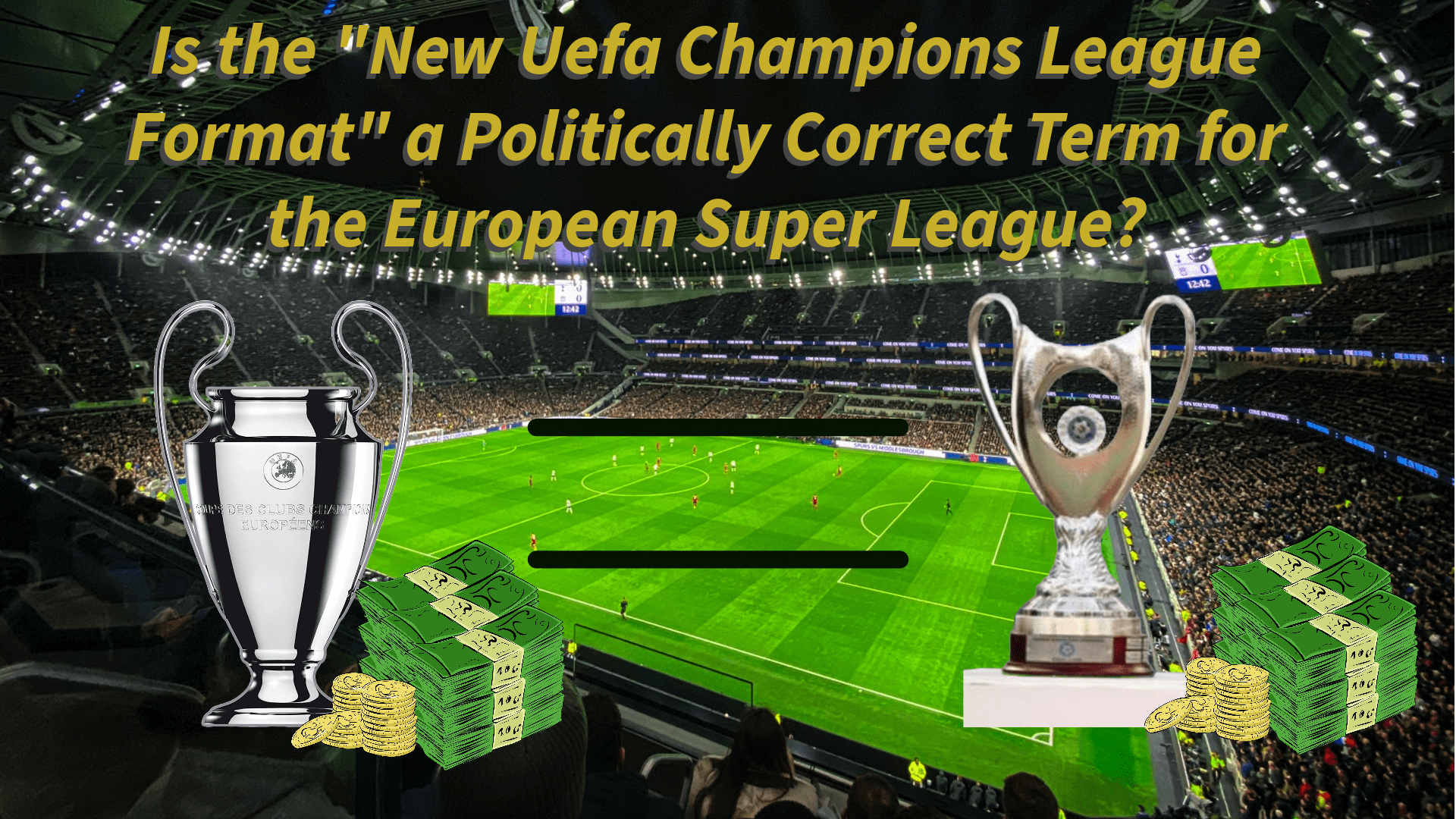
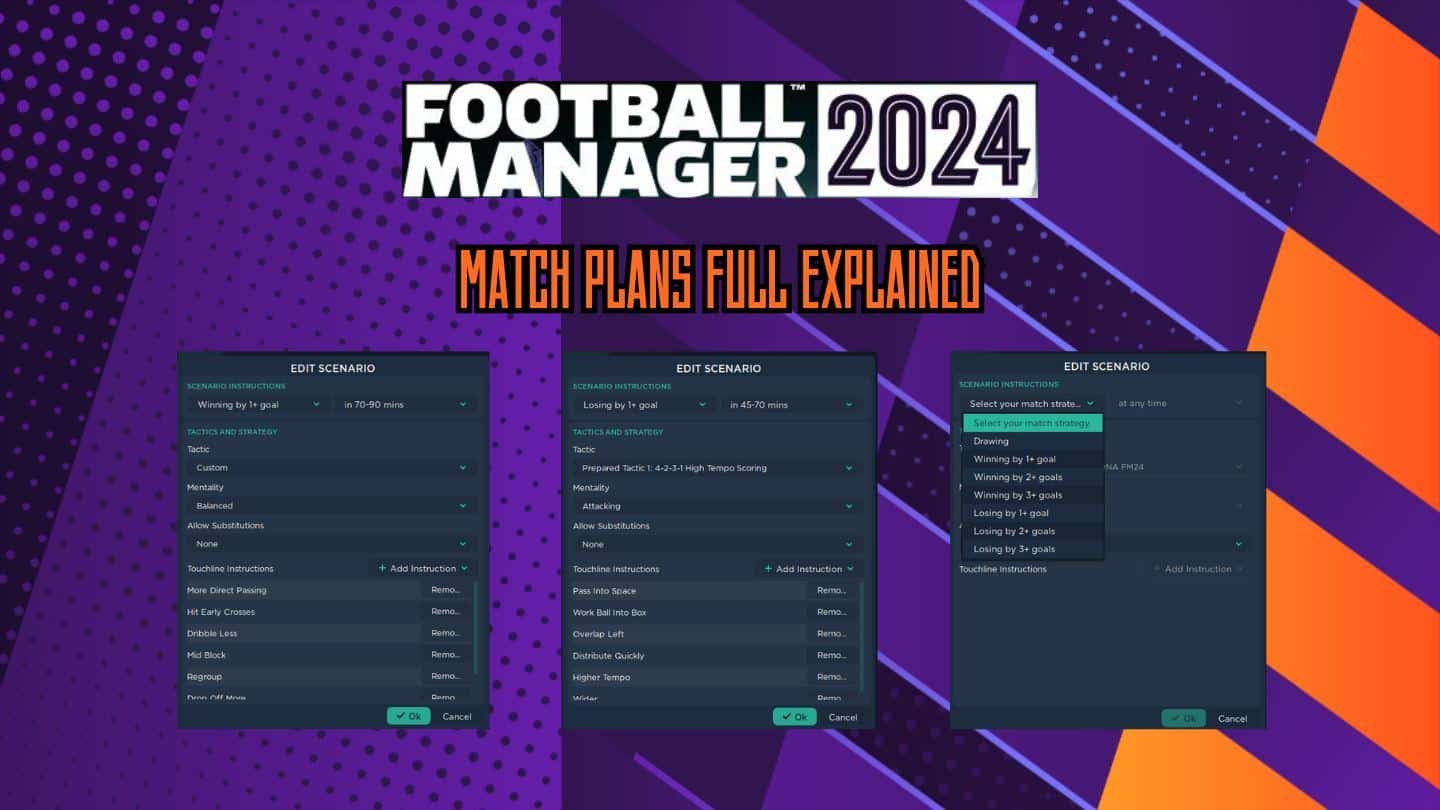



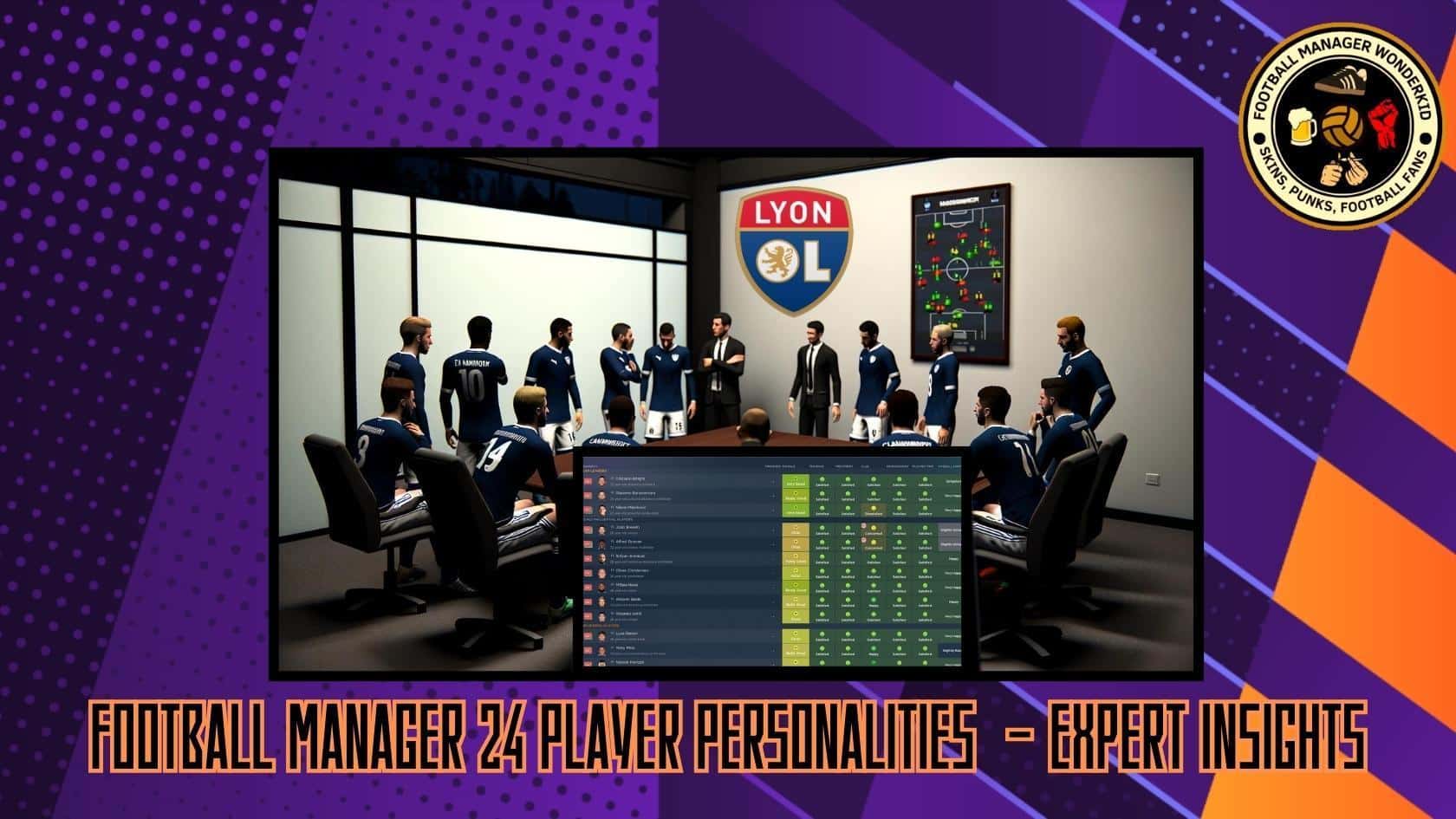



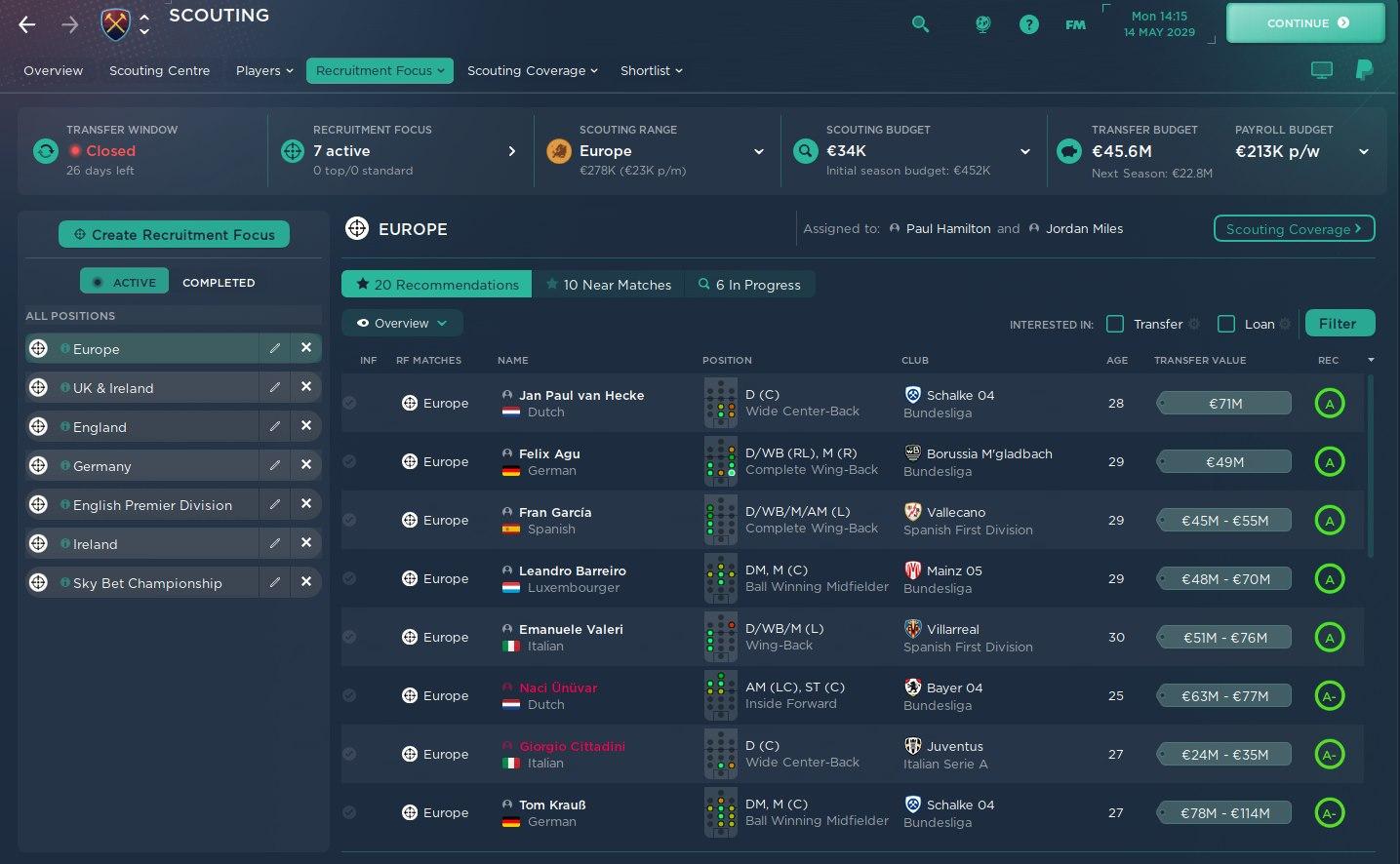
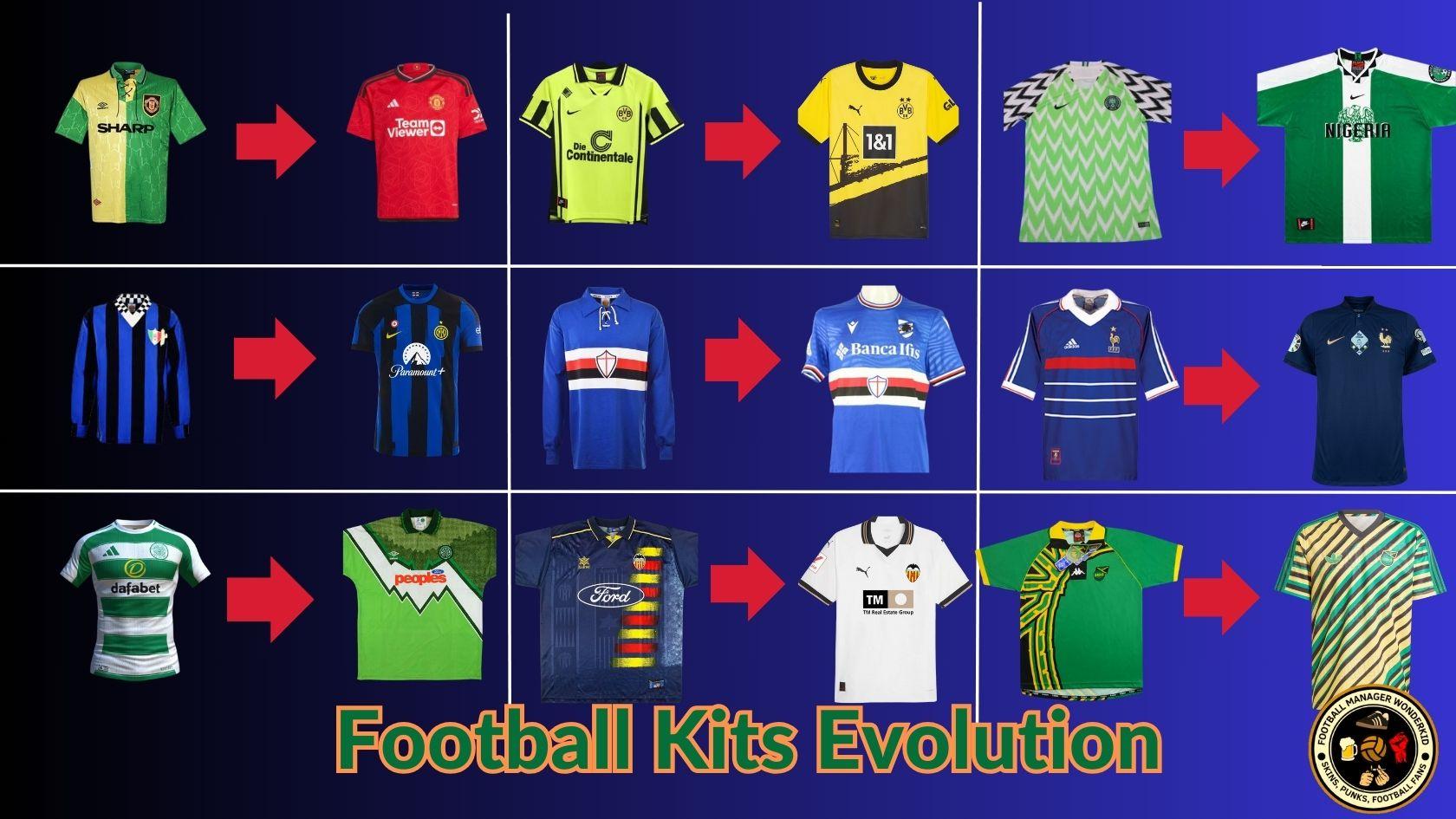
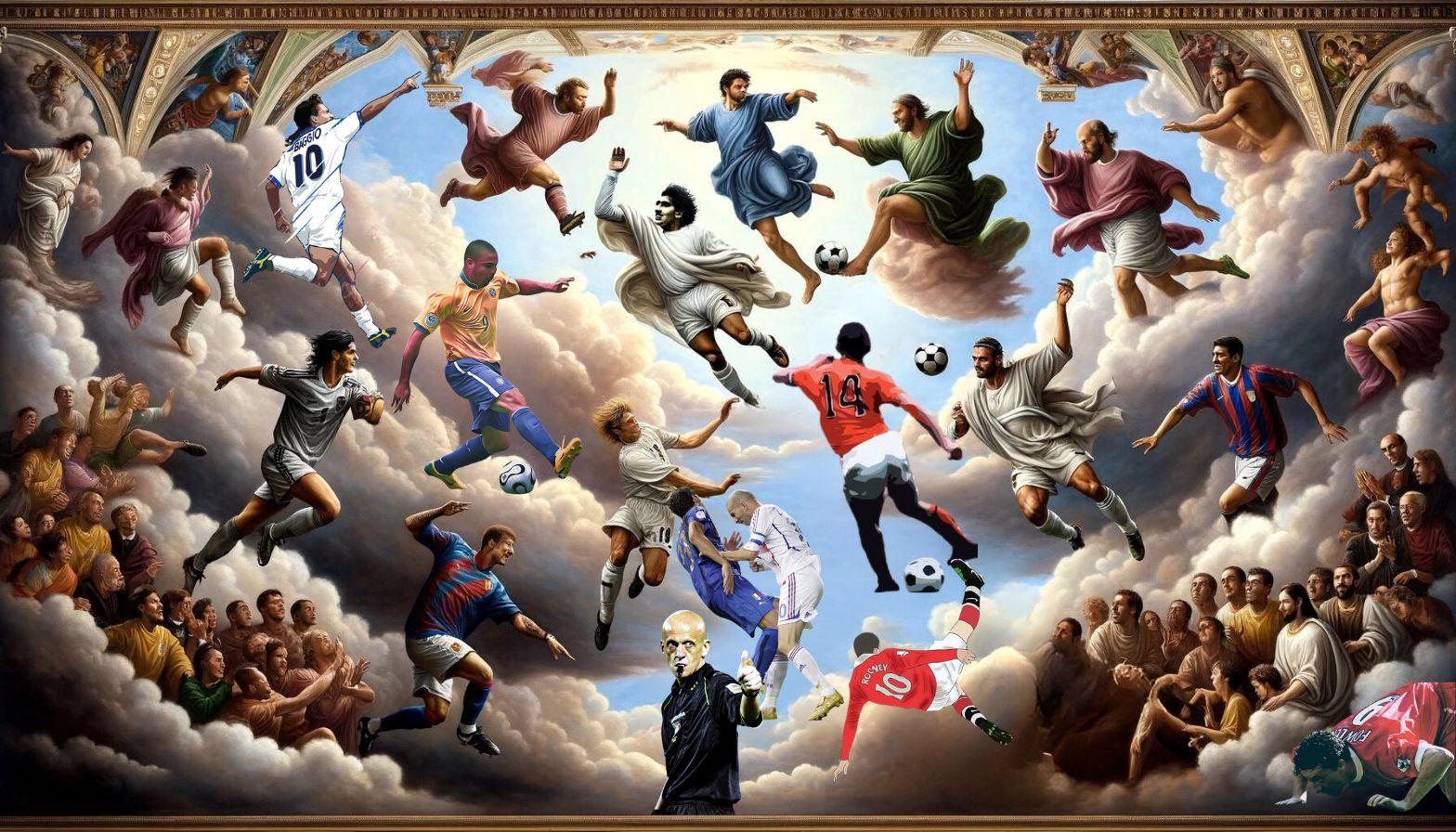
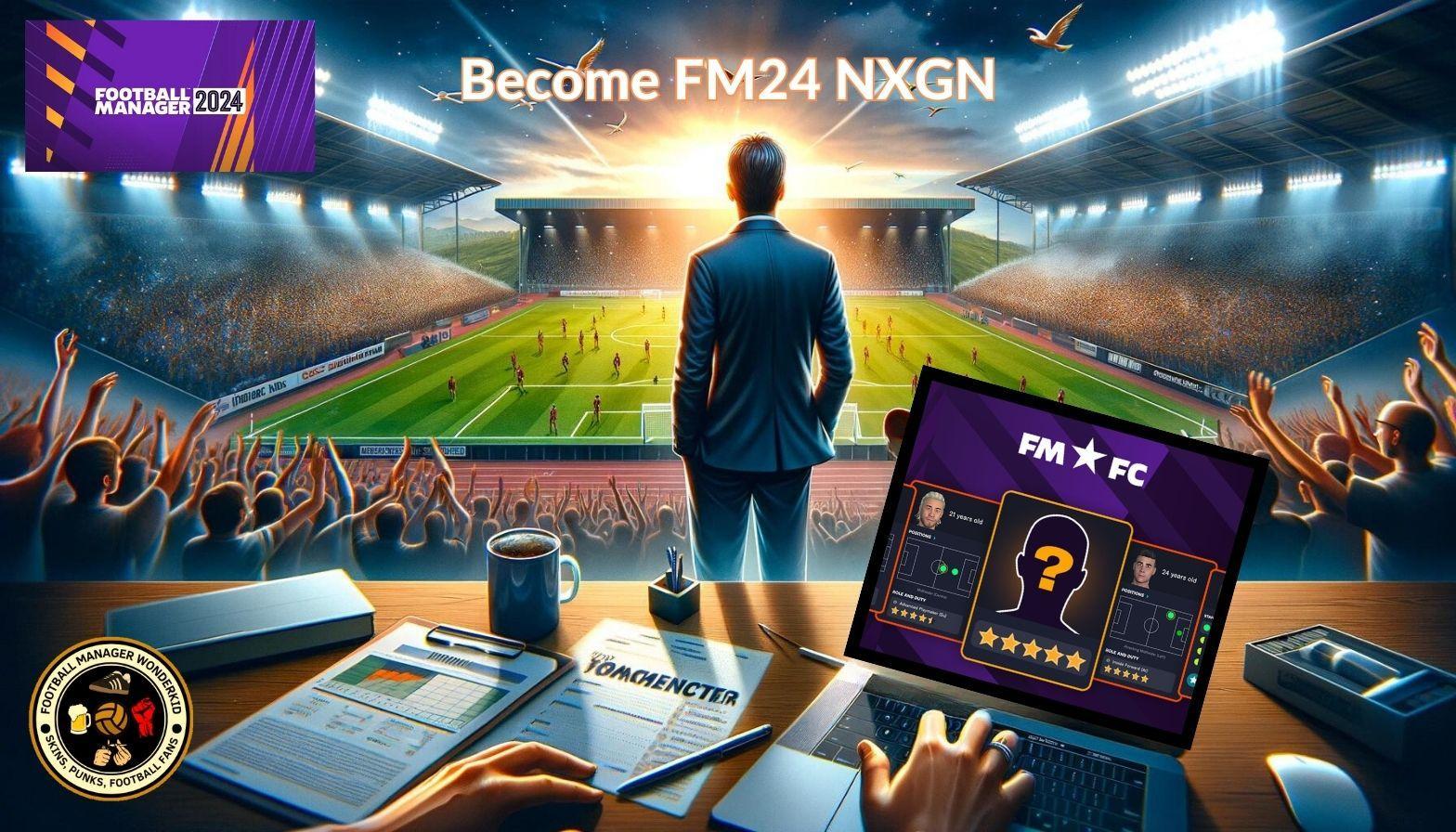

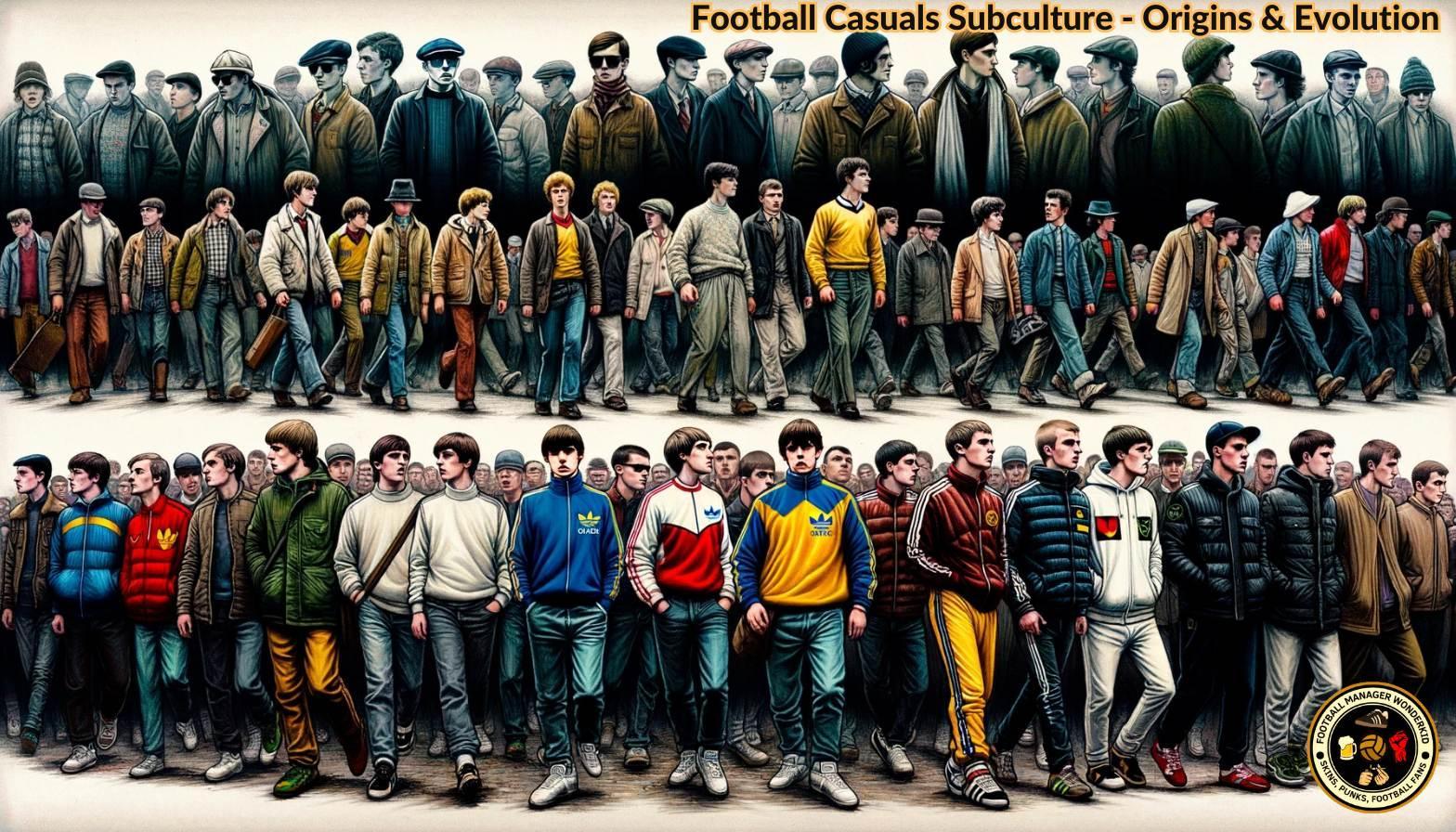

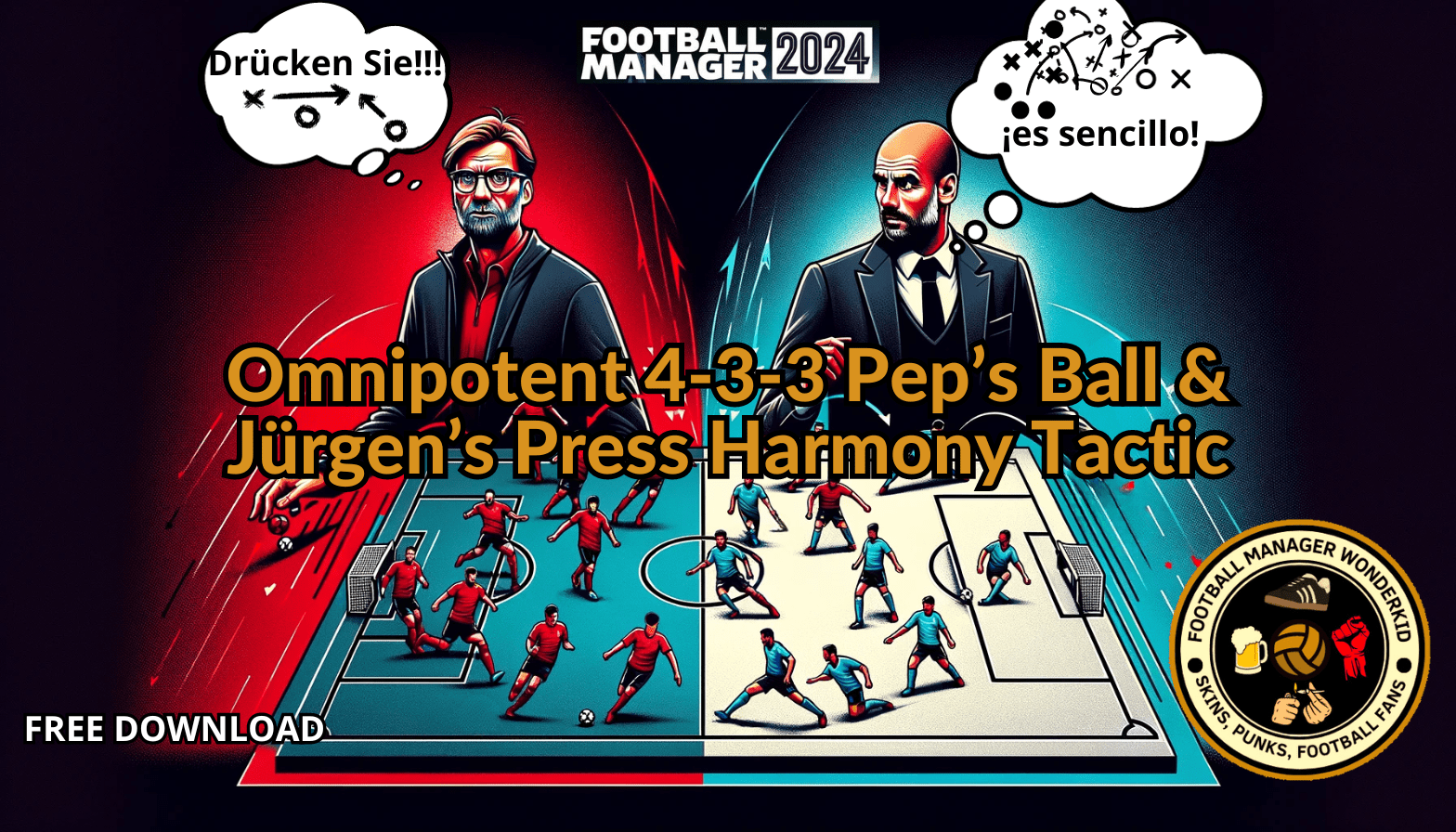


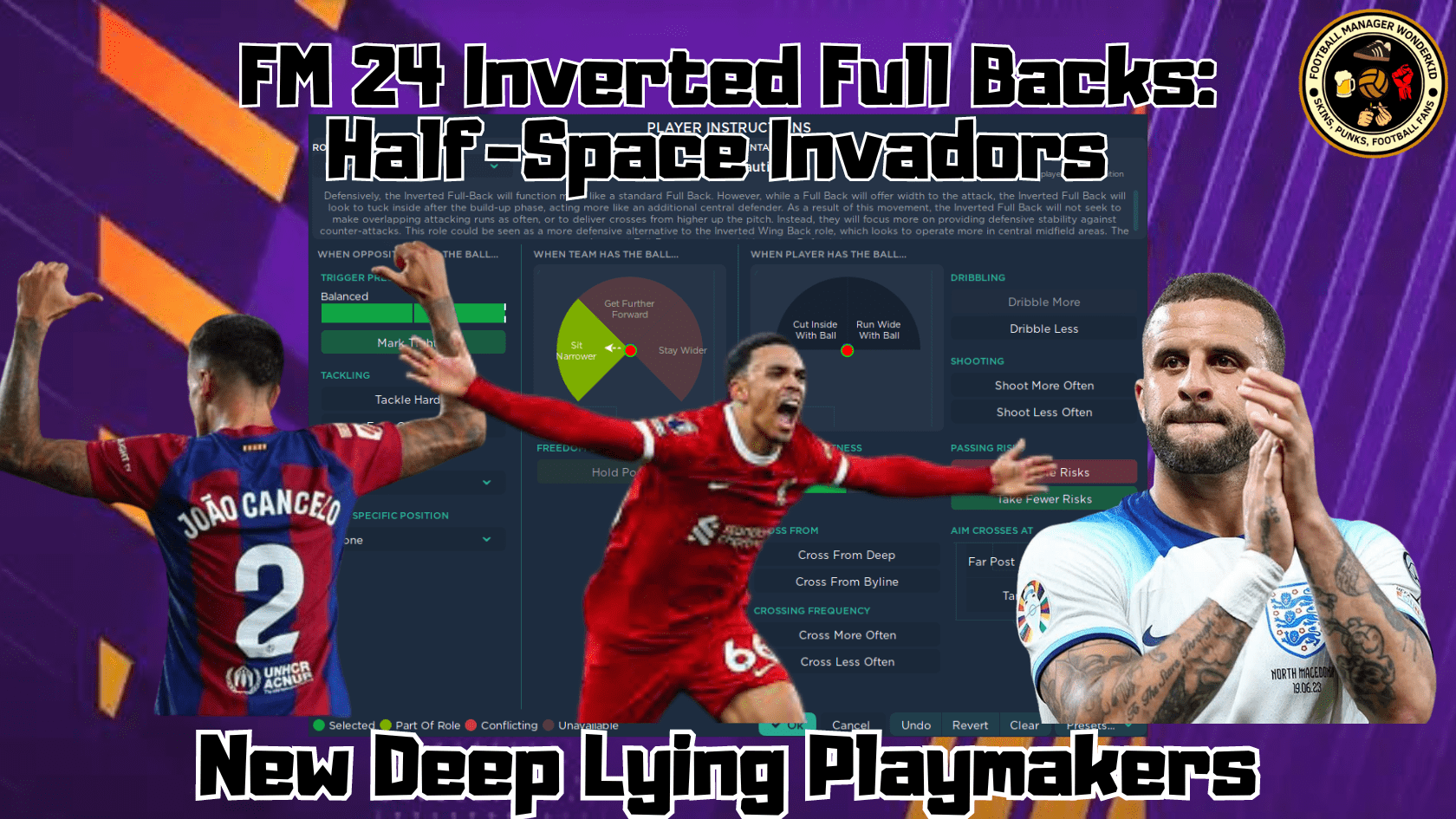


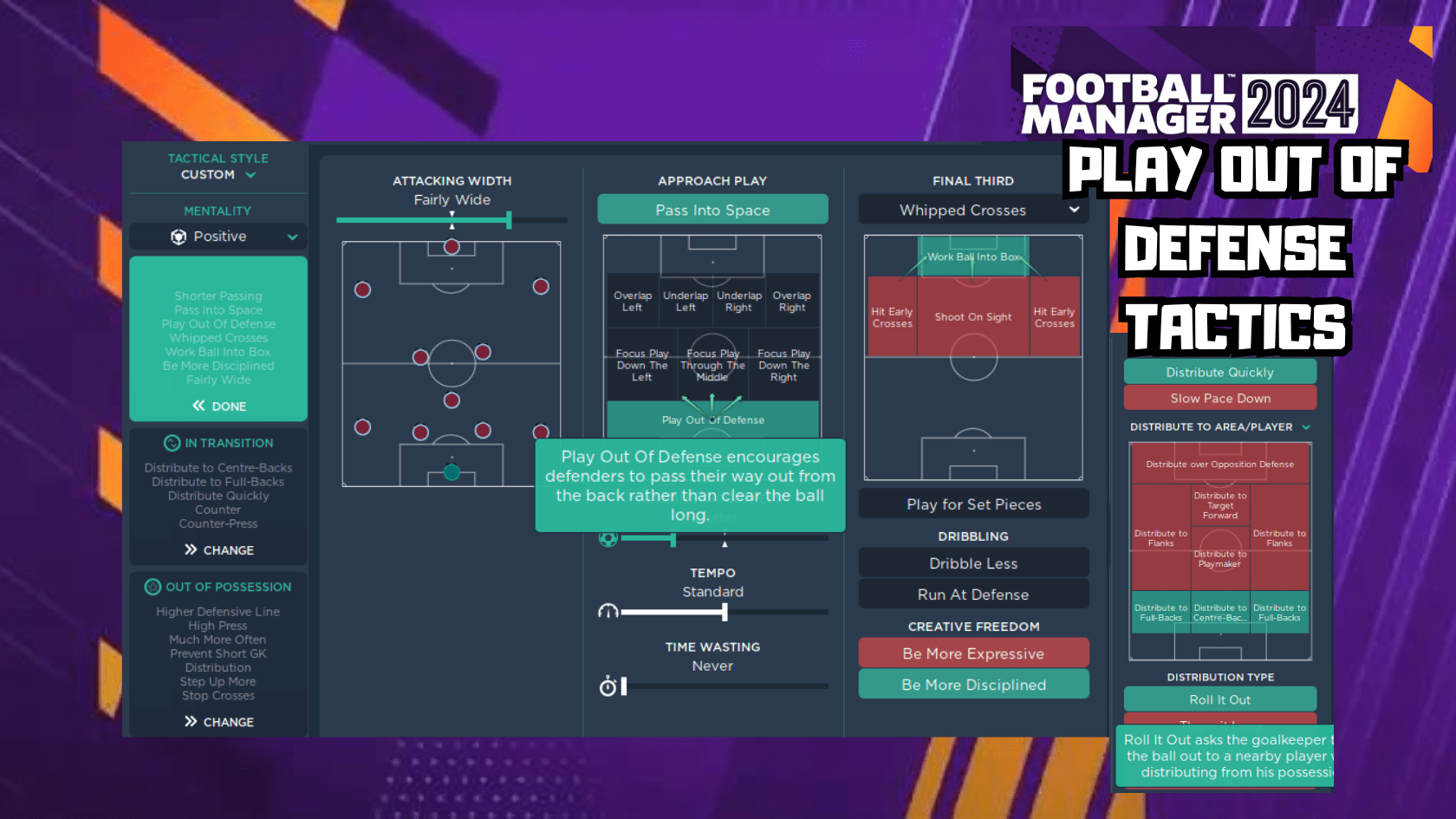
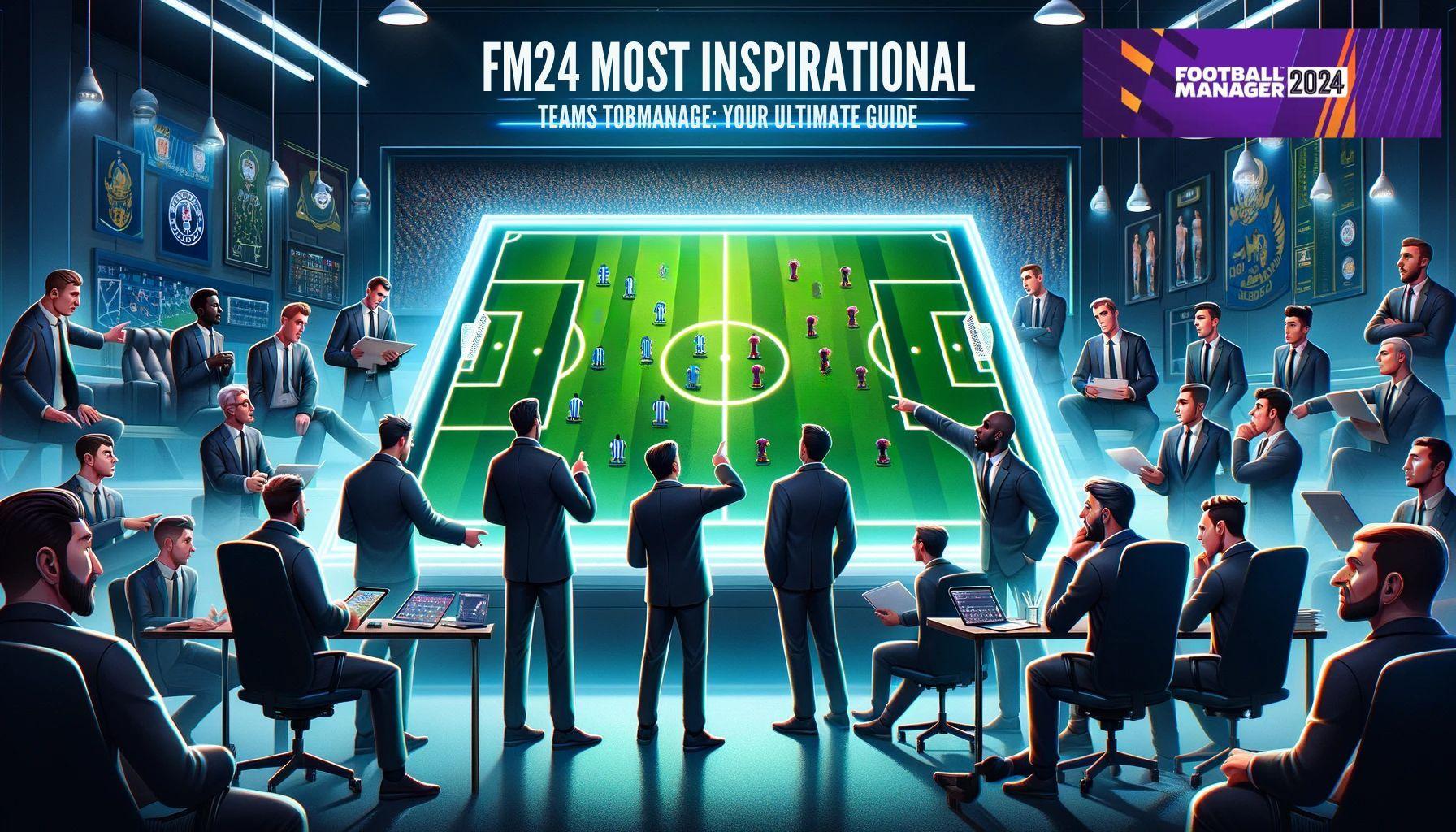
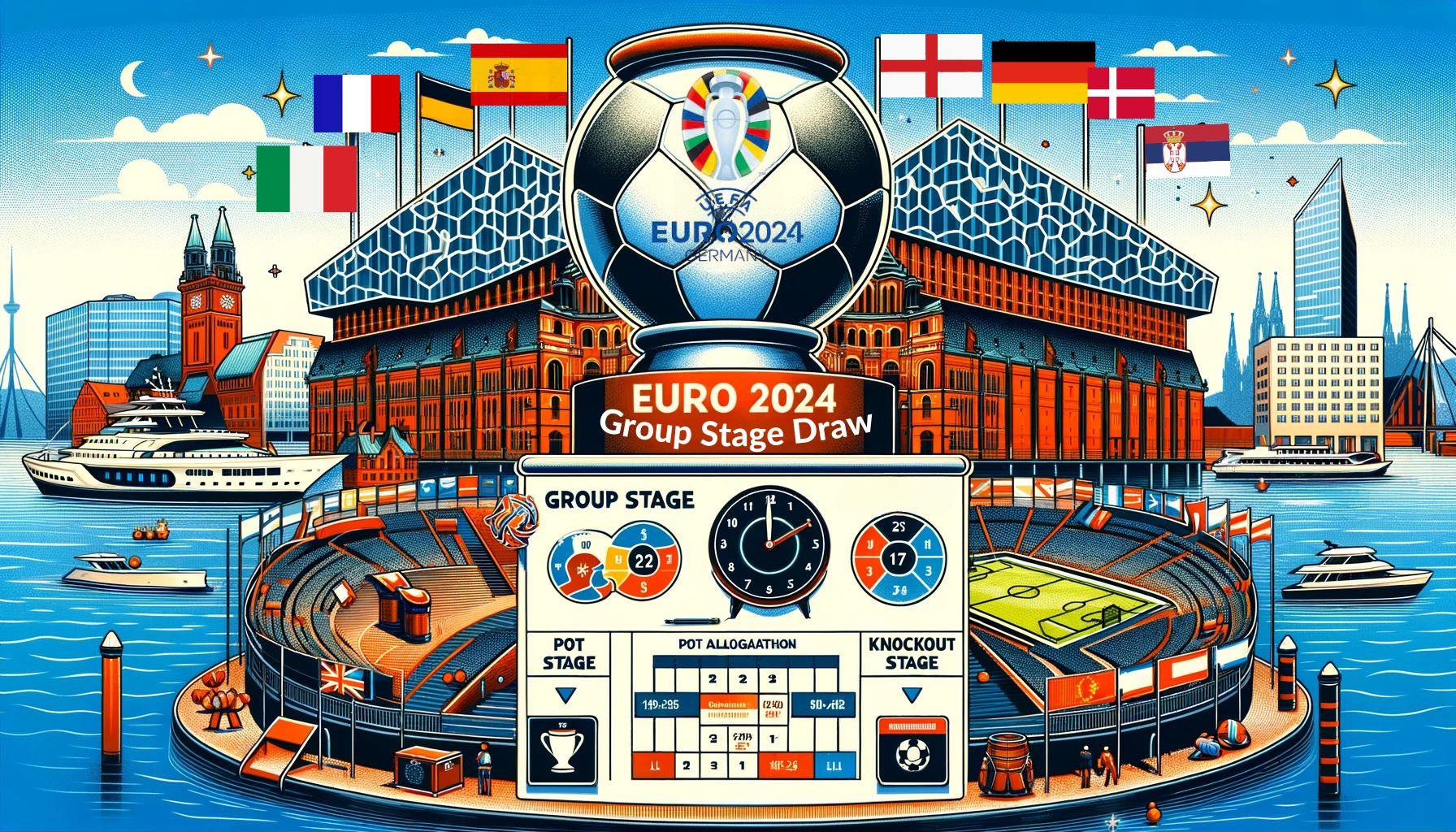

Leave a Reply